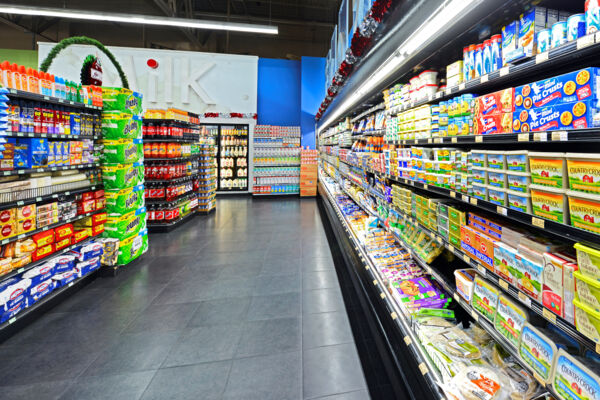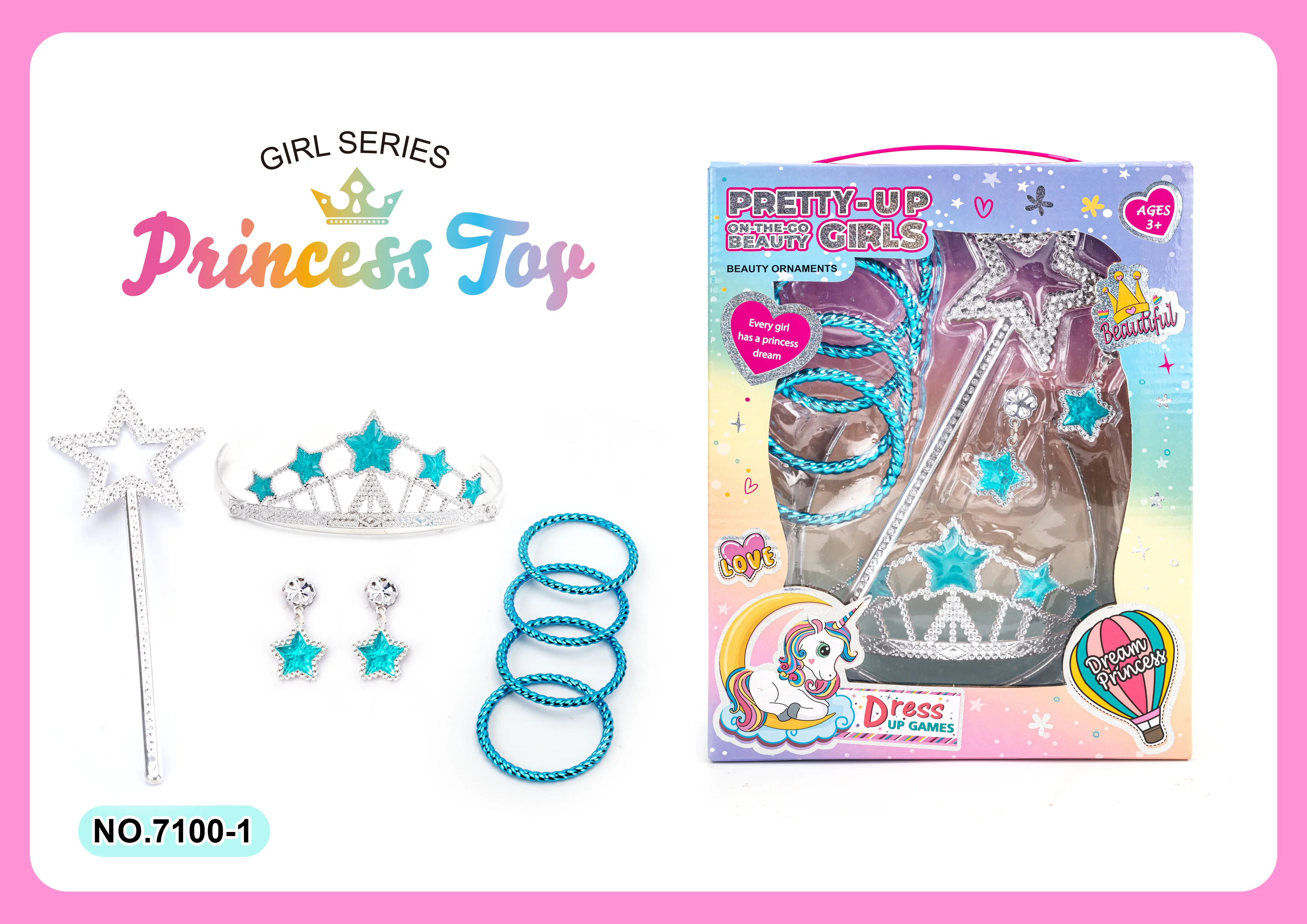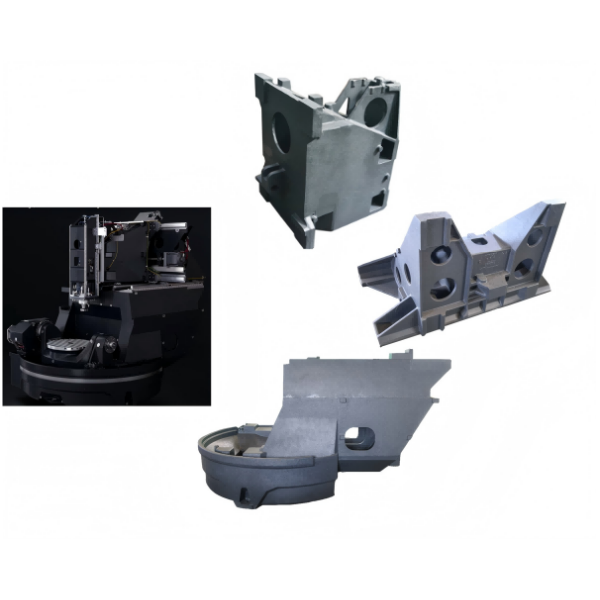The Unstoppable Rise of FMCG: Unveiling the Secrets Behind its Phenomenal Growth

Fast Moving Consumer Goods (FMCG) have witnessed an unprecedented growth trajectory in recent years. From household staples to personal care products, FMCG encompasses a wide range of goods that are consumed daily. In this blog post, we will delve into the factors driving the remarkable growth of FMCG and explore the strategies employed by industry players to stay ahead in this highly competitive market.
- Evolving Consumer Preferences:
One of the key drivers behind the growth of FMCG is the ever-evolving consumer preferences. In today's fast-paced world, consumers seek convenience, quality, and affordability. FMCG companies have adeptly responded to these demands by introducing innovative products, such as ready-to-eat meals, eco-friendly packaging, and personalized skincare solutions. By continuously adapting to changing consumer needs, FMCG brands have managed to capture a significant market share. - Digital Transformation:
The digital revolution has played a pivotal role in the growth of FMCG. With the rise of e-commerce platforms and social media, FMCG companies have gained access to a vast customer base and improved their reach. Online marketplaces have made it easier for consumers to discover and purchase FMCG products, while social media platforms have become powerful marketing tools for building brand awareness and engaging with customers. Embracing digital technologies has allowed FMCG brands to expand their presence and tap into new markets. - Supply Chain Optimization:
Efficient supply chain management is crucial for the success of FMCG companies. To meet the increasing demand, FMCG brands have invested heavily in optimizing their supply chains. This includes implementing advanced inventory management systems, adopting data analytics for demand forecasting, and streamlining distribution networks. By ensuring a seamless flow of products from manufacturing to retail shelves, FMCG companies can meet consumer expectations for product availability and freshness. - Global Expansion:
FMCG companies have recognized the immense potential of international markets and have embarked on aggressive global expansion strategies. By entering emerging economies with growing middle-class populations, FMCG brands have been able to tap into new consumer segments. Additionally, strategic acquisitions and partnerships with local players have facilitated market entry and provided access to established distribution networks. The globalization of FMCG has not only fueled revenue growth but also fostered cross-cultural exchange and innovation. - Sustainability and Social Responsibility:
In recent years, sustainability and social responsibility have become integral to the growth of FMCG. Consumers are increasingly conscious of the environmental impact of their purchasing decisions and expect FMCG brands to adopt sustainable practices. Companies that prioritize eco-friendly packaging, ethical sourcing, and community engagement have gained a competitive edge. By aligning their values with those of socially conscious consumers, FMCG brands have not only contributed to a better planet but also experienced increased brand loyalty and customer trust.
Conclusion:
The FMCG industry's remarkable growth can be attributed to a combination of factors, including evolving consumer preferences, digital transformation, supply chain optimization, global expansion, and sustainability initiatives. As FMCG companies continue to innovate and adapt to changing market dynamics, the industry is poised for even greater growth in the future. By staying ahead of the curve and meeting consumer demands, FMCG brands are redefining the way we consume and shaping the future of the industry.



